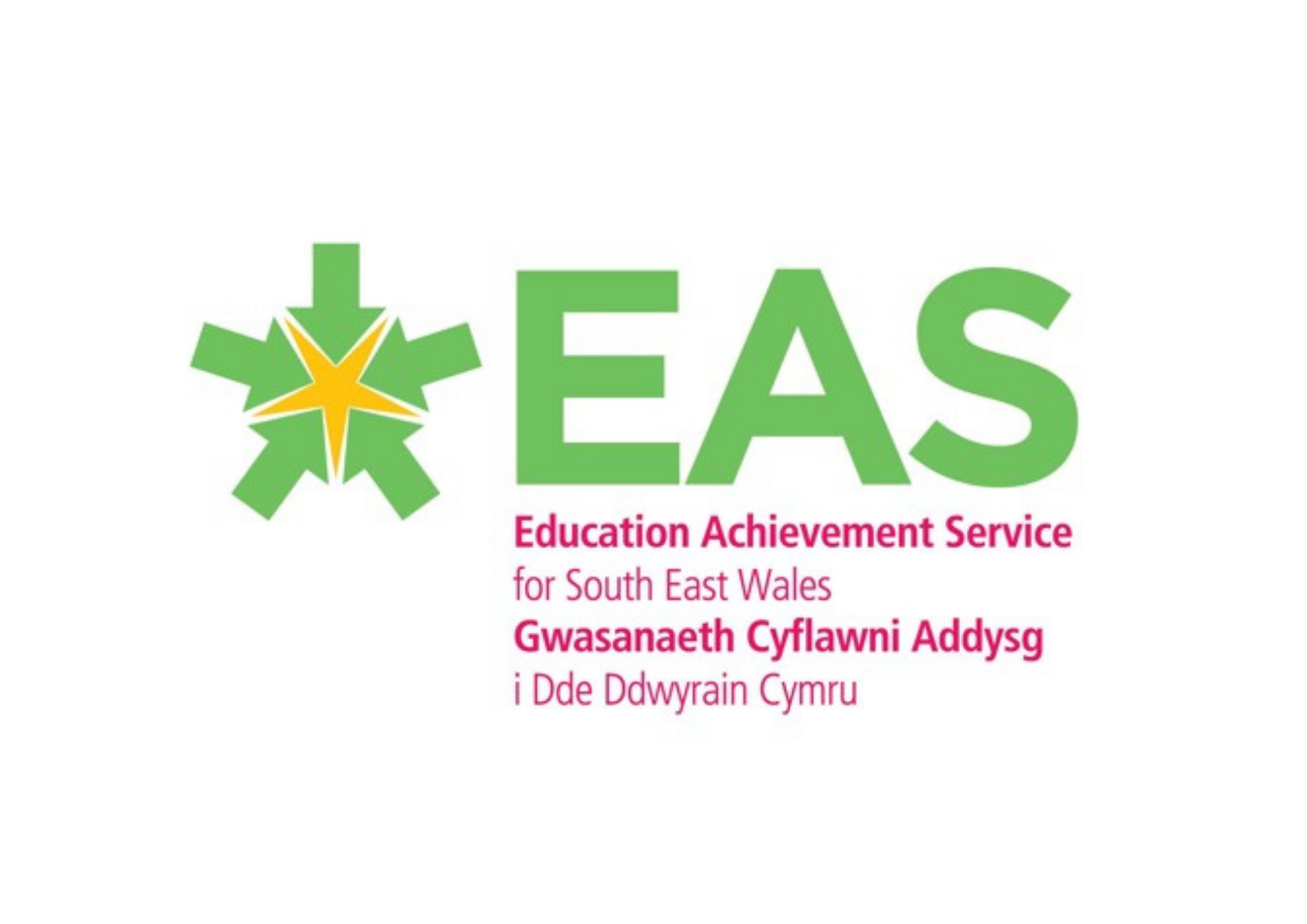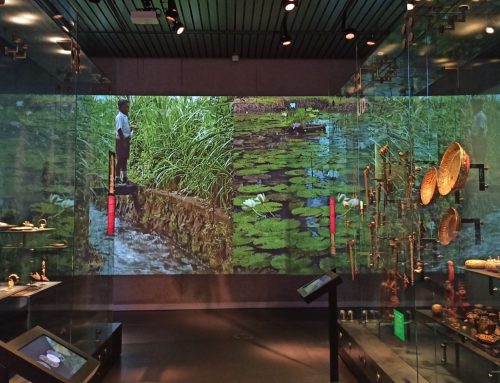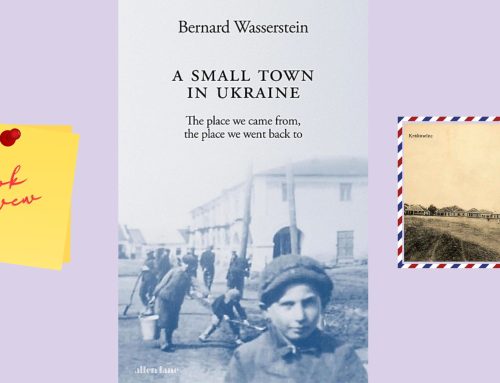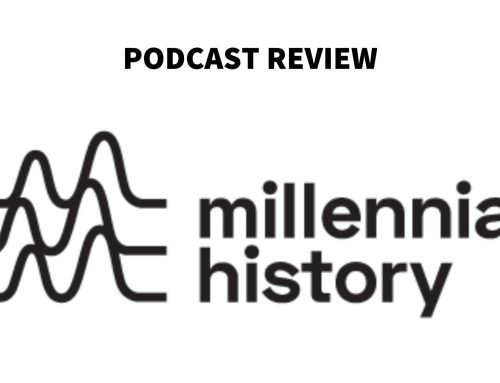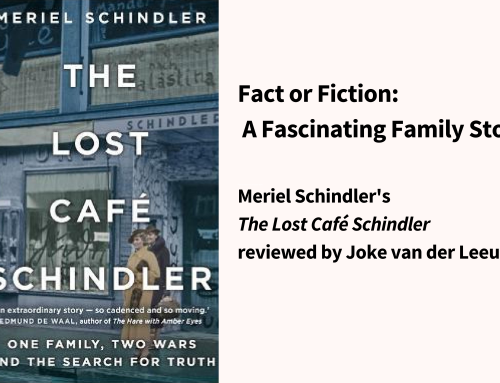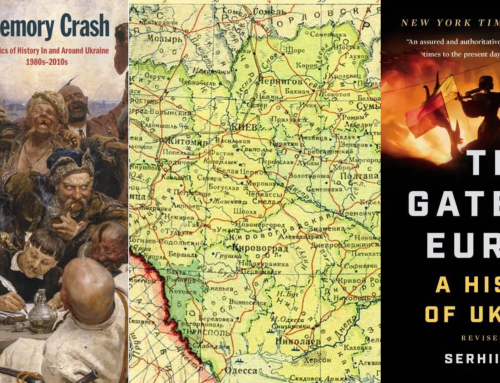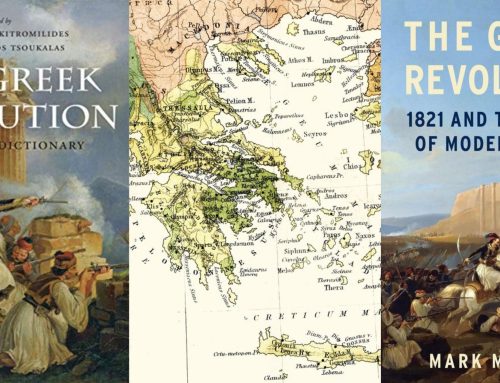We are kicking off the new thematic month at EuroClio in tandem with our upcoming webinar series Pass or Fail? Assessing Assessment. We recommend this short podcast episode from the South East Wales Education Achievement Service (EAS) as a primer to some of the questions EuroClio will be asking and trying to answer throughout the month.
The topic of assessment in education comes with many different practices, methodologies, and terminologies. This particular podcast focuses on “Assessment for Learning” (AFL), an approach to teaching and learning that creates feedback which is then used to improve students’ performance. This practice is normally associated with “formative assessment” which includes questioning and providing feedback to students to help shape their learning journey. This is opposed to summative assessment, which typically focuses on measuring student attainment at the end of a period of learning.
In this ten minute conversation, Nicky Hagendyk from EAS discusses feedback in Assessment for Learning with Gwen Steel, Deputy Headteacher at Cwmbran High School. Steel has a background as a history and humanities teacher, but also many years of experience as a headteacher and therefore has a wider view of assessment in secondary schools across disciplines.
Steel remarks that especially at the secondary school level, there can be too much focus on summative assessment. AFL, she finds, is crucial to a successful student learning journey, assessing not just the knowledge from class but also how students apply that knowledge and skills in different contexts. The method should be applied by teachers carefully and thoughtfully, for example planning the questions they will ask throughout the lesson in advance, instead of asking spontaneously.
Hagendyk questions how best to implement such assessment practices across a school, when each subject has its own unique curriculum, methodologies and practices, and teachers are already very short on time to be trying out new strategies. In Steel’s experience, good guidance and clear communication for teachers was a key to success, for example thoughtful and non-judgemental feedback after a classroom observation from a colleague. Time was also needed for everything to settle in and to ensure teachers were not immediately overburdened. This allowed the AFL model to be applied thoughtfully and with purpose in the school, instead of just one or two strategies adapted ad hoc and ineffectively.
Steel also gives some reading and author recommendations: Dylan William, a key figure in the field of formative assessment; John Hattie’s book Visible Learning; Daisy Christodoulou’s Making Good Progress?: The future of Assessment for Learning; and Doug Lemov’s Teach Like a Champion.We recommend giving this podcast a quick listen. For those interested to learn more, EAS currently has seven other podcast episodes about AFL, which are collected into a series on their Soundcloud page. These episodes are also relatively short in length, about ten to fifteen minutes per episode.

